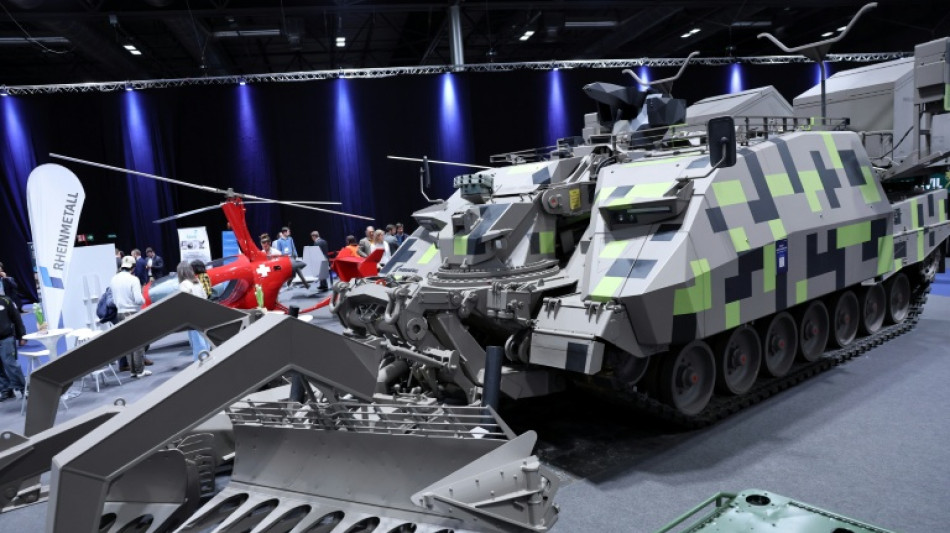
-
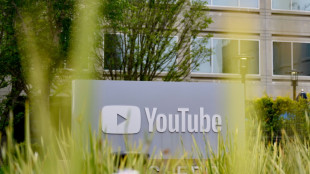 YouTube, platforms not cooperating enough on EU content disputes: report
YouTube, platforms not cooperating enough on EU content disputes: report
-
EU eyes higher steel tariffs, taking page from US
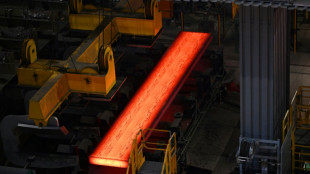
-
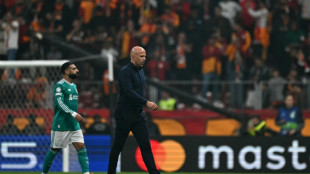 Slot faces reality check at Liverpool as problems mount
Slot faces reality check at Liverpool as problems mount
-
European stocks rise, Wall St futures drop as US shutdown begins
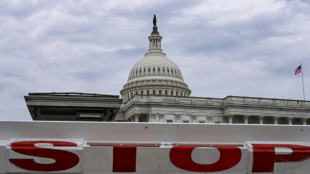
-
 Survivors still carry burden as Bali marks 2005 bombings
Survivors still carry burden as Bali marks 2005 bombings
-
Thousands protest in Greece over 13-hour workday plans

-
 Indigenous protest urges end to Colombia border violence
Indigenous protest urges end to Colombia border violence
-
Torrential downpours kill nine in Ukraine's Odesa
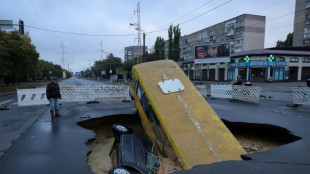
-
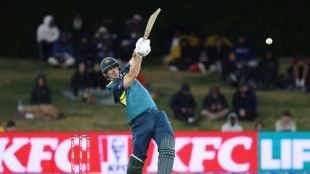 Australia ease to six-wicket win in first New Zealand T20
Australia ease to six-wicket win in first New Zealand T20
-
France's Monfils announces retirement at end of 2026
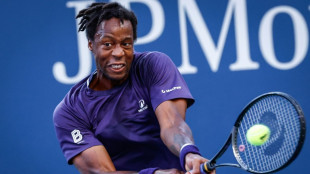
-
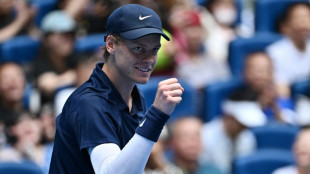 'Normal' Sinner thrashes Tien in Beijing for 21st title
'Normal' Sinner thrashes Tien in Beijing for 21st title
-
Survivor pulled from Indonesia school collapse as parents await news
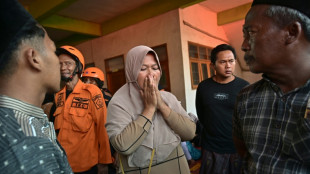
-
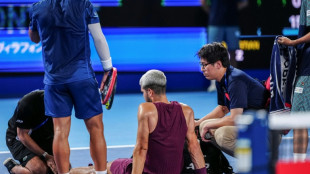 Tennis schedule under renewed scrutiny as injuries, criticism mount
Tennis schedule under renewed scrutiny as injuries, criticism mount
-
New player load guidelines hailed as 'landmark moment' for rugby
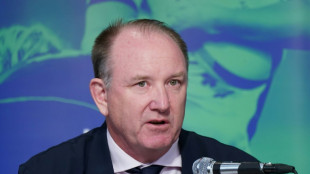
-
 More ingredients for life discovered in ocean on Saturn moon
More ingredients for life discovered in ocean on Saturn moon
-
Germany's Oktoberfest closed by bomb threat
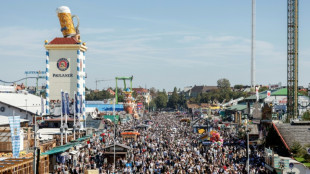
-
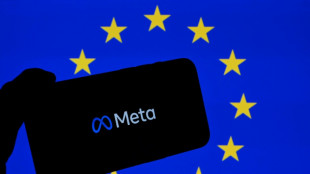 Spanish court opens 550-mn-euro Meta data protection trial
Spanish court opens 550-mn-euro Meta data protection trial
-
Jonathan Anderson to bring new twist to Dior women with Paris debut
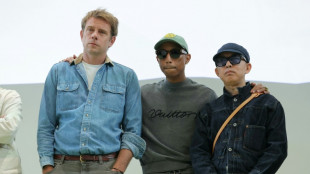
-
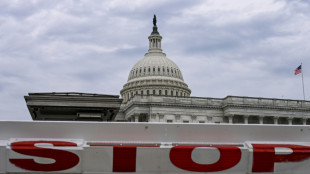 Gold hits record, Wall St futures drop as US shutdown begins
Gold hits record, Wall St futures drop as US shutdown begins
-
Sinner thrashes Tien to win China Open for 21st title
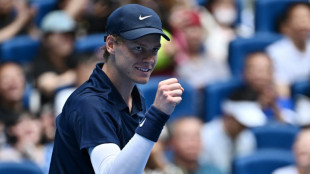
-
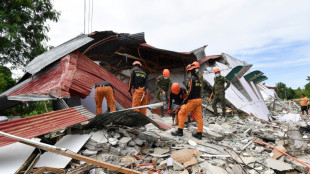 Philippines quake toll rises to 69 as injured overwhelm hospitals
Philippines quake toll rises to 69 as injured overwhelm hospitals
-
Swiss glaciers shrank by a quarter in past decade: study

-
 Indonesia's MotoGP project leaves evicted villagers in limbo
Indonesia's MotoGP project leaves evicted villagers in limbo
-
'The Summer I Turned Pretty' sells more Paris romantic escapism

-
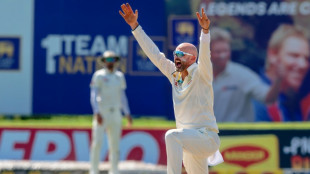 Australia's Lyon tells England that no spinner would be Ashes error
Australia's Lyon tells England that no spinner would be Ashes error
-
Taiwan says 'will not agree' to making 50% of its chips in US

-
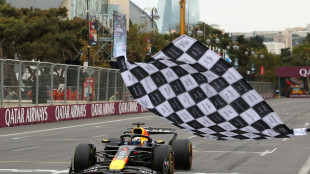 Verstappen's late-season surge faces steamy Singapore examination
Verstappen's late-season surge faces steamy Singapore examination
-
Ohtani erupts as Dodgers down Reds, Red Sox stun Yankees in MLB playoffs

-
 General strike in Greece over 13-hour workday plans
General strike in Greece over 13-hour workday plans
-
Georgia risks political turmoil over weekend vote
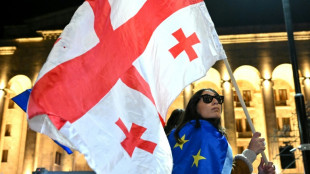
-
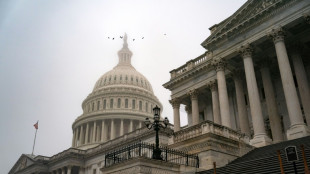 US government enters shutdown as Congress fails to reach funding deal
US government enters shutdown as Congress fails to reach funding deal
-
Spanish court to start hearing media case against Meta
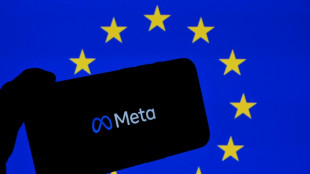
-
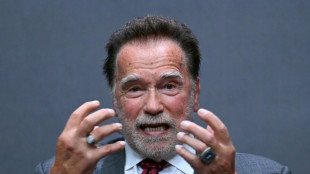 Pope, Schwarzenegger to rally Catholics to 'terminate' climate change
Pope, Schwarzenegger to rally Catholics to 'terminate' climate change
-
FBI director gave New Zealand officials illegal firearms: police
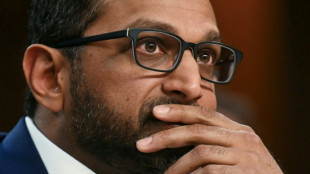
-
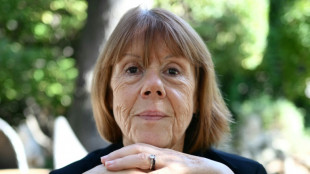 Gisele Pelicot back in French court for appeal trial 'ordeal'
Gisele Pelicot back in French court for appeal trial 'ordeal'
-
EU leaders plot defence boost in shadow of Denmark drones
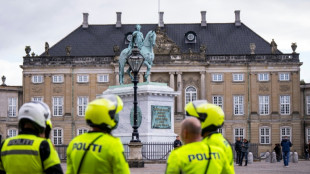
-
 Wallabies' most-capped player James Slipper announces retirement
Wallabies' most-capped player James Slipper announces retirement
-
India ready to rev up chipmaking, industry pioneer says
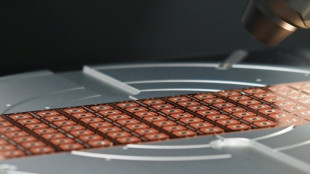
-
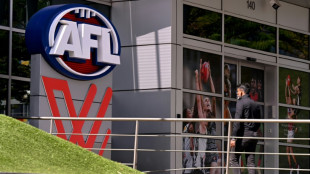 Australian Rules axes 'centre bounce' after 130 years
Australian Rules axes 'centre bounce' after 130 years
-
Rangers searching for Europa League respite, Villa visit Feyenoord
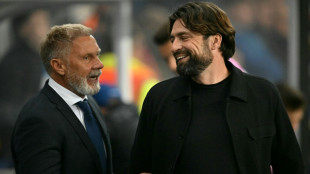
-
 Crystal Palace soaring under Glasner ahead of European bow
Crystal Palace soaring under Glasner ahead of European bow
-
Asian stocks mixed, Wall St futures drop as US heads for shutdown
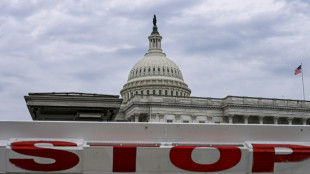
-
 Suarez double in vain as Chicago sink Miami to clinch playoff berth
Suarez double in vain as Chicago sink Miami to clinch playoff berth
-
England's 'outsiders' aim to break trophy drought at Women's Cricket World Cup
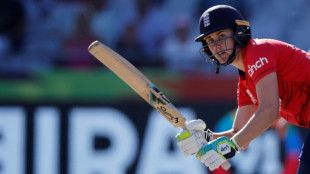
-
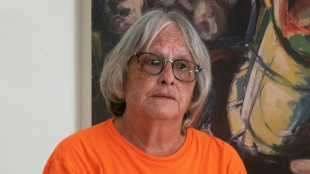 Indigenous survivors recount past horrors at Canada residential school
Indigenous survivors recount past horrors at Canada residential school
-
Hitmaker Max Martin back with Taylor Swift for 'Showgirl'
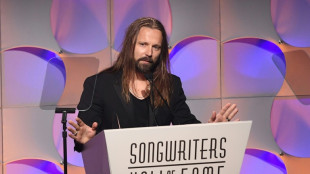
-
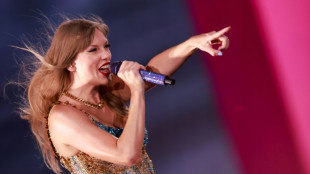 'Showgirl' conquers showbusiness: Taylor Swift releases 12th album on Friday
'Showgirl' conquers showbusiness: Taylor Swift releases 12th album on Friday
-
Former Wallabies coach Cheika joins Sydney Roosters

-
 South Korea posts record semiconductor exports in September
South Korea posts record semiconductor exports in September
-
Rugby World Cup draw set for December 3


In changing times, young Germans gun for defence sector jobs
In a country with strong pacifist traditions due to its dark World War II history, German student Mika Scheid had never considered working in the arms industry -- until Russia invaded Ukraine.
That was a "personal turning point," said the 25-year-old studying at the prominent Karlsruhe Institute of Technology, who was spurred into becoming an armed forces reservist and now wants to work for a military equipment manufacturer.
"People are beginning to understand that the Bundeswehr (the German armed forces) is now clearly focused on defending the country" and NATO, said the engineering student during a job fair organised by the institute in western Germany.
He was among young Germans at the event expressing interest in the defence sector, a sharp break from the past amid growing hostility from Russia as well as concerns about US security commitments to Europe under President Donald Trump.
For the first time ever this year, German arms manufacturers -- which are some of the world's biggest but had in the past kept a relatively low profile -- were among exhibitors at the fair as they hunt for staff to meet surging demand.
There were some signs of unease, with Germany's biggest weapons maker Rheinmetall pulling out after a handful of students voiced anger at the presence of arms manufacturers.
Still, there is a sense the long-running stigma surrounding the sector has eased since the outbreak of the Ukraine war.
And the opportunities in the industry may be welcome at a time that Germany's economy is mired in a downturn.
The European defence sector employs about 600,000 people and is expected to grow strongly, including in Germany where new Chancellor Friedrich Merz plans to greatly ramp up military spending.
- Shifting attitudes -
"The political discourse we have had since 2022 has led Germans to change their way of seeing things," said Eva Brueckner, a consultant from the headhunting firm Heinrich and Coll, which helps defence companies find staff.
Since Russia's full-scale invasion of Ukraine over three years ago, candidates have expressed fewer ethical and moral concerns about defence sector jobs, she said.
Another student at the fair, Nico Haenelt, was enquiring about an internship at the stand of industrial giant Thyssenkrupp's submarine-making unit.
While the 19-year-old says his parents had quite a pacifist worldview, recent geopolitical upheavals have shaped his own outlook.
"If the world were more peaceful, I would probably also look in other areas," said Haenelt, who studies mechatronics, which mixes elements of engineering and computer science.
To attract talent, defence companies are offering perks ranging from paying for relocation costs to gym memberships, according to accounts given to AFP.
Diehl, whose products include ammunition and missiles, even offers scholarships to young people to fund their studies in the hope they will subsequently apply for jobs with the company.
- 'Conservative' sector -
With the German economy struggling, some hope the improving fortunes of the defence sector could provide a boost.
There are already signs that arms makers might throw a lifeline to some troubled companies.
Rheinmetall, whose profits have soared since the start of the Ukraine war, last year struck a deal to hire workers from Continental as the ailing auto supplier cuts thousands of jobs.
Still, beyond the traditional reluctance of young Germans to work in the defence sector due to the country's past, there are other challenges in recruiting for the industry.
"The sector is very conservative, and people who don't come from this background may have difficulty integrating," said the headhunter, Brueckner.
And not all the students at the job fair were rushing to find jobs in the arms industry.
Niklas, a computer science student who only gave his first name, said his priority was to find a job with "meaning", such as in the fields of health or sustainable development.
As for the arms industry? "Never", he insisted.
T.Ziegler--VB
